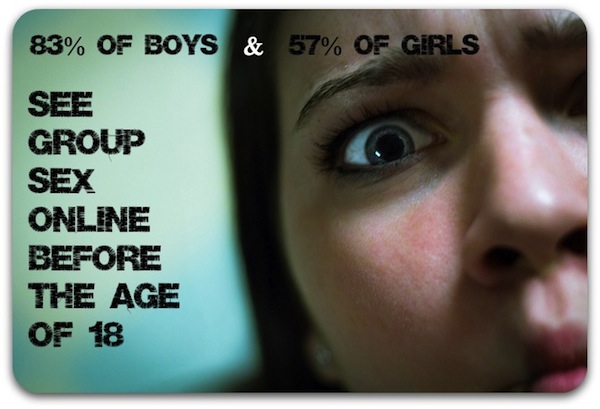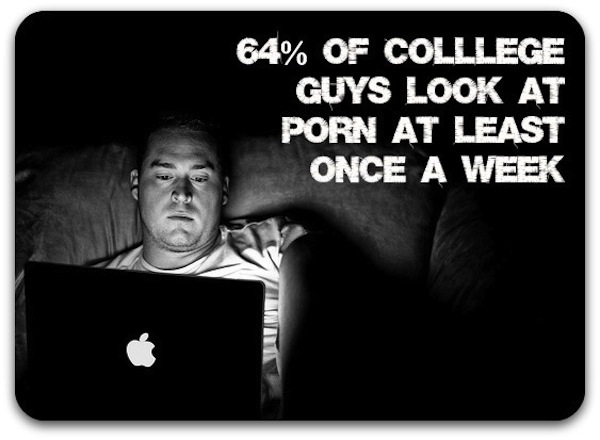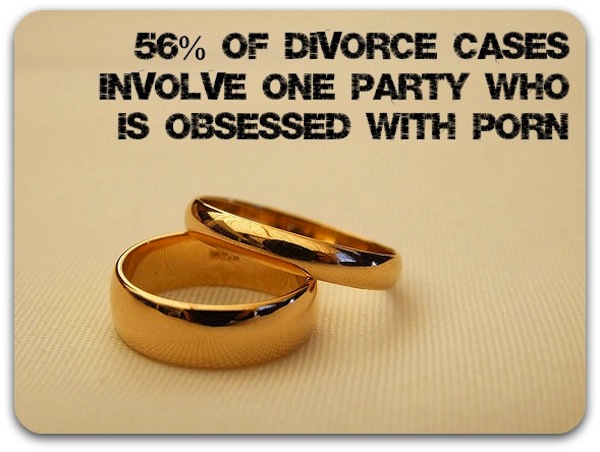Introduction: A Multitude of Laws
Most
educated people have heard of God's laws (contentious, confusing,
conflicting and confounding), the law of Gravity, the law of
Thermodynamics, the law of the Land, Parkinson's law, Murphy's law and
so on. Most are named after the author of a succinct observation
described by the law. Laws range from A (i.e., Aitken's law - describes
how vowel length is conditioned by environment) to Z (Zipf's law - a
linguistic observation that a few words are used often but most are used
rarely).
As the wellness field grows and evolves, perhaps it's
time for a REAL wellness law-or many such laws. If so, why not associate
as many as possible with one's own name?
Grandiose, perhaps, but
if I don't do it, someone else surely will and that person just might
make a mess of it. Wellness in corporate America and elsewhere in the
world is described and presented in wildly inappropriate and
dysfunctional ways; why not eradicate the babble with a few
transformative REAL wellness laws? Such laws, if they make sense and
lead humanity to sounder thinking, might well contribute modestly to
improved health and life outcomes.
By the way, one does not have
to formulate a law that is named in his/her honor or even be aware of a
law to be affected by and to live in accordance with it. We have all
complied with Galileo and Newton's laws about gravity, well before we
became aware of them.
Anyone who wants a law to bear his or her
name should present some credentials. Mine are modest, simple but
adequate for the honor. As of this writing, I have written 15 books,
posted well over a thousand essays at Seekwellness.com/wellness, 74
eight to twelve-page hard copy wellness reports commencing in 1984, 657
weekly electronic REAL wellness newsletters, at least a thousand lecture
presentations in a dozen countries while spending 43 years (since 1970)
dreaming about the ways to and chances of vastly improved environments
and cultures for greater health and happiness.
All of which has led to this moment-the time when I offer the universe Ardell's two laws of REAL wellness.
Ardell's 1st Law of REAL Wellness: Random Chance, Natural Selection and Contingencies Trump All Else
Life's largest events often follow random, seemingly inconsequential small actions of which we remain unaware.
Secular
rational freethinkers place stock in knowledge, commitment, reason and
persistence in shaping and fine-tuning lifestyle habits. We embrace
perspectives and behaviors on matters existential and otherwise designed
to render positive states of enjoyment and well-being.
We consciously
seek happiness, freedom, physical fitness, love, mutually satisfying
relationships and multiple skills. What matters most, what affects our
successes and outcomes, appears more or less to be under our field of
control. Alas, this functional and preferred way of thinking is largely
illusory. There are three far more consequential realities not under
your influence in any way. Furthermore, these three factors render the
quality and duration of your existence unpredictable and unknowable.
They are: 1) random chance or fortune; 2) natural selection; and 3)
contingencies.
Ardell's 2nd Law of REAL Wellness: Relative to Ardell's 1st Law of REAL wellness, other REAL wellness laws don't amount to much.
Considering
the immense black hole power of the first law, additional such laws
play a modest role in efforts to shape life quality and longevity.
But,
that does not obviate the case for added laws of REAL wellness. The
fact is that most of the eponymous laws on the books are useless to most
people but are yet of interest and even helpful for a few. I'm in my
eighth decade; I'm not aware of any occasion when I would have benefited
from an awareness of Aitken's law or Zipf's law. I heard of neither
until I began the research for this essay. Ditto tons of other laws.
Relative
to the 1st law above, this law and those that follow do not amount to
much. Nevertheless, I hereby offer a few more, just the same. They can't
hurt.
Ardell's 3rd Law of REAL Wellness: Finding your passion is fine but keep going-become great at it.
Since
few of us enjoy royal lineage or handsome trusts that assure
first-class travel in life with little or no need for labor, we must
choose trades of sorts to pay our way through life. Thus, we are wise to
adopt a long-term goal of studying and laboring at a trade that will
prove enjoyable and satisfying, as well as properly remunerative.
When this challenge is met, your way of earning a living won't seem like work.
Thus
the 3rd law - master a passion. Start by following varied interests
and, after years and years if not decades of trial and error, settle
into one of them, immersing yourself in it.
Be somewhat realistic
but guard against premature realism-while not everyone can get elected,
be in the movies or play in the NBA or NFL, a select few can. Focus on
what excites talents and gifts. Put in the time required to qualify for
Carnegie Hall (i.e., practice, practice, practice-take account of
Malcolm Gladwell's 10,000 hours rule).
The goal here is that at
some point in your career somebody, somewhere, for some good or strange
reason, will pay you to do what you enjoy doing-because you are so
spectacular at whatever it is you have honed to a level of artful
mastery.
Robert Frost expressed the idea of this law in his poem "Two Tramps in Mud Time:"
My goal in life is to unite my vocation
with my avocation.
As my two eyes make one in sight.
For only where love and need are one
And work is play for mortal stakes
Is the deed ever really done
For heaven's and future's sake.
Ardell's 4th Law of REAL Wellness: Better to chase after fun than to flee from pain.
Forget
an ounce of prevention. That may indeed be worth a pound of cure, but
even a grain of REAL wellness is worth a ton of prevention. Prevention
is so old school-it's vintage medical thinking focused upon avoiding
negative outcomes. Furthermore, there is no fun in working so as not to
experience a negative outcome.
Instead of preventing something,
pursue positive results via proactive initiatives that amuse and
satisfy. REAL wellness initiatives guided by reason, exuberance,
athleticism and liberty are more likely to be exciting and enjoyable.
Such efforts will reinforce good intentions far more than waiting around
for negative states not to occur thanks to preventive strategies!
Naturally, SOME prevention is good. Birth control prevention is good, disease prevention is good-you get the idea.
Ardell's 5th Law of REAL Wellness: Scrutinize the role you played in any scene, good or bad, and make adjustments.
Make
personal responsibility your default setting. Yes, initially it is
easier, cheaper and more convenient to blame, excuse, deny and/or ignore
responsibility than to embrace it. Such are the current default
settings in most cultures, including our own. In the long if not medium
range, however, it is healthier, more satisfying and more effective to
assume at least some degree of responsibility. This approach allows you
to make adjustments independent of actions by others. Your own actions
are the surest steps to supporting your interests.
Ardell's 6th Law of REAL Wellness: Dead, bloated rhino equivalents are the staff of life.
All
aspects of REAL wellness are not likely to be equally important for
everyone. We're all quite different in so many ways, though we are alike
in many ways, as well. But, our circumstances, resources, capacities
and the like vary significantly. Among the most important elements for
enjoying life must be the experience of plentiful
DBRU equivalents, an active interest in and life-long openness to new meanings and a commitment to and maintenance of a remarkably fit body.
Therefore,
in addition to mastering an understanding and acceptance of the reality
of Ardell's 1st Law of REAL Wellness, make a point of always trying to
look on the bright side of life. If the latter seems difficult, take
comfort from the words expressed by the mother of Woody Allen's
character in Annie Hall. Having just read that the universe is
expanding, Allen's character laments that he's too worried to do his
homework. "Someday it will break apart and that will be the end of
everything."
"But," his Mother snaps, "you're here in Brooklyn! Brooklyn is not expanding."
Parting Thoughts
Wherever
you are, whether it's expanding or not, don't worry about it. You don't
have enough time left to waste energy on such trivia as an expanding
universe-or much of anything else. Get on with your life, focus on the
bright side of life, find ways to have some fun and bring back to
conscious awareness my 1st Law of REAL wellness. All will turn out for
the best if random chance smiles upon you, if the natural selection
processes that led to your creation turn out to be fortuitous and if the
contingencies that got you where you are and those straight ahead turn
out in your favor.
Consider Robert Green Ingersoll's response to a reporter's question in 1898:
No one should fail to pick up every jewel
of joy that can be found in his path.
Everyone should be as happy as he can,
provided he is not happy at the expense
of another, and no person rightly constituted
can be happy at the expense of another.
So let us get all the good we can between
the cradle and the grave; all that we can of
the truly dramatic; all that we can of music;
all that we can out of art; all that we can of
enjoyment; and if, when death comes, that
is the end, we have at least made the best
of this life; and if there be another life, let us
make the best of that.
Maybe that answer should be dubbed Ingersoll's 1st Law of REAL wellness.














